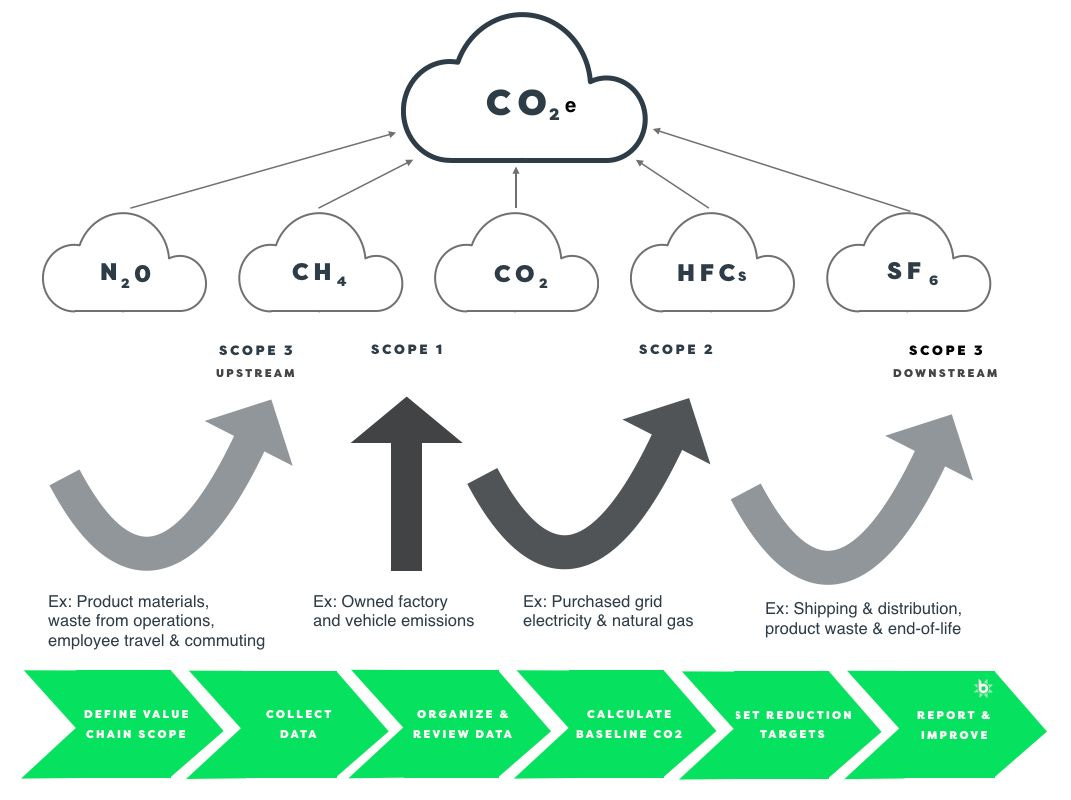What Is SB 219? Explaining California's New Climate Reporting Law
California's SB 219 and Its Impact on Climate Reporting Obligations
Climate legislation is essential in addressing the urgent challenges posed by climate change. In recent years, legislators have introduced frameworks aimed at reducing greenhouse gas emissions, promoting renewable energy, and safeguarding natural resources. Notably, in August of 2024, Australia enacted a mandatory climate disclosure law further reinforcing the global trend toward improved corporate climate accountability. Legislative measures such as these are vital for fostering a sustainable future and driving meaningful progress in the fight against climate change1.
The recent passage of SB 2192 in California marks a significant step forward in the state's commitment to combating climate change. This legislation amends previously introduced climate bills and mandates greater climate-related disclosure obligations for large companies operating within the state.
As the most populous state in the United States3 and a significant commercial market, California's leadership in climate policy has far-reaching implications.
By prioritizing ESG-related disclosures and reporting, SB 219 not only aligns with global climate goals but also sets a precedent for other states to follow suit, reinforcing California’s status as a leader in sustainability within the U.S.
What Is SB 219?
SB 219 is a California bill that modifies existing climate disclosure regulations for large companies operating in California. It piggybacks off of previous legislation SB 2534 and SB 2615.
SB 253 requires companies with more than $1 billion in annual revenue to:
Begin Scope 1 and Scope 2 carbon reporting in 2026.
Report Scope 3 emissions in 2027, no later than 180 days after their Scope 1 and Scope 2 reports.
SB 261 mandates business entities generating more than $500 million in annual revenue to:
Prepare biennial reports assessing their climate-related financial risk and strategies for risk management, beginning January 1st, 20266.
SB 219 maintains the original deadlines for companies generating more than $1 billion in revenue to disclose their Scope 1 and Scope 2 greenhouse gas emissions by 2026, with Scope 3 emissions reporting beginning in 2027. However, SB 219 extends the California Air Resources Board (CARB) deadline to establish regulations from January 1 to July 1, 2025, and allows organizations more flexibility in the timing of Scope 3 disclosures.
Additionally, it gives CARB greater authority over the climate disclosure process. Governor Newsom signed the bill as part of a broader legislative update announced on September 27th.
Will your company need to comply?
SB 219 will apply to companies that do business in California, effectively introducing climate reporting obligations to most large businesses in the U.S. and abroad that engage with the California market7. Specifically, businesses with revenues exceeding $1 billion must begin reporting their greenhouse gas emissions across all scopes: direct emissions (Scope 1), emissions from electricity use (Scope 2), and indirect emissions associated with supply chains and other activities (Scope 3)8. Additionally, companies with revenues over $500 million are required to disclose climate-related financial risks. The law aims to enhance transparency regarding corporate contributions to climate change and the associated financial risks.
How to Prepare for California SB 219
First, organizations must determine if SB 219 applies to them. SB 219 will affect all companies with revenues of over $500 million that do business in California. Qualifying organizations can take steps to comply with California's SB 219 by beginning to proactively prepare for reporting obligations. Mandatory Scope 1 and 2 emissions reporting is set to take effect in 2026 while Scope 3 carbon emissions reporting begins in 2027.
To ensure compliance, entities should begin preparing a plan for the 2026 reporting period, which includes gathering necessary data for GHG inventory calculations, potentially hiring consultants, and securing third-party assurance for their emissions reporting. Brightest’s software and consulting services can help companies streamline this process and ensure that they comply with the requirements of SB 219.
Conclusion
This legislation aligns with global ESG trends, which emphasize transparency and accountability in corporate environmental practices. By mandating reporting on greenhouse gas emissions and climate-related financial risks, SB 219 promotes sustainable business practices and enhances corporate accountability. As a sustainability leader within the U.S., California's actions set a powerful precedent for other states, driving meaningful progress in the fight against climate change and fostering a more sustainable future.
This Week in Sustainability is a weekly email from Brightest (and friends) about sustainability and climate strategy. If you’ve enjoyed this piece, please consider forwarding it to a friend or teammate. If you’re reading it for the first time, we hope you enjoyed it enough to consider subscribing. If we can be helpful to you or your organization’s sustainability journey, please be in touch.
https://www.esgtoday.com/australia-senate-passes-new-mandatory-climate-disclosure-law/
https://leginfo.legislature.ca.gov/faces/billTextClient.xhtml?bill_id=202320240SB219&utm_source=www.greendigest.co&utm_medium=newsletter&utm_campaign=what-s-happening-in-sustainability-esg-week-recap-01-10-07-10&_bhlid=b02bfd154da70fd2683e609e9985f4fd7aff848c
https://www.census.gov/popclock/embed.php?component=populous
https://ecovadis.com/regulations/california-climate-corporate-data-accountability-act-sb253/
https://legiscan.com/CA/text/SB261/id/2844343
https://www.esgdive.com/news/california-gov-newsom-greenlights-climate-disclosure-acts-signs-sb219/728721/
https://www.esgtoday.com/california-governor-signs-climate-disclosure-bill-into-law-with-2026-start-date-intact/
https://www.brightest.io/scope-1-2-3-emissions










